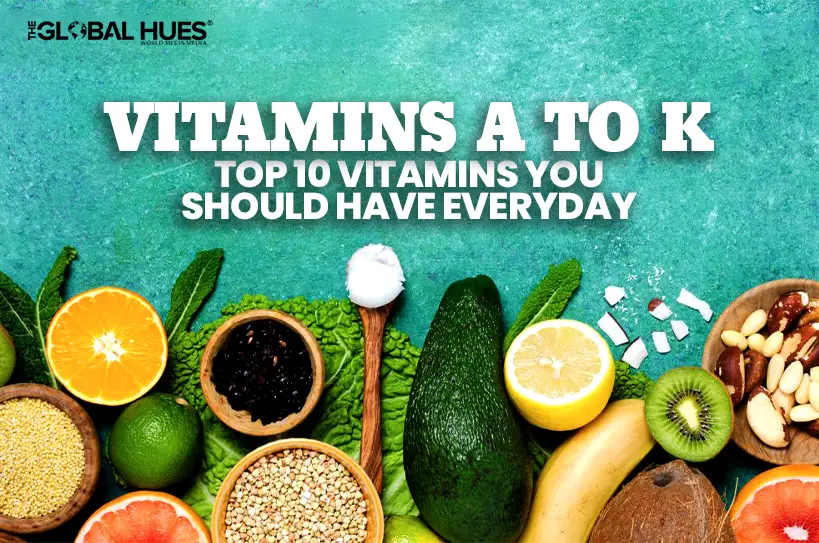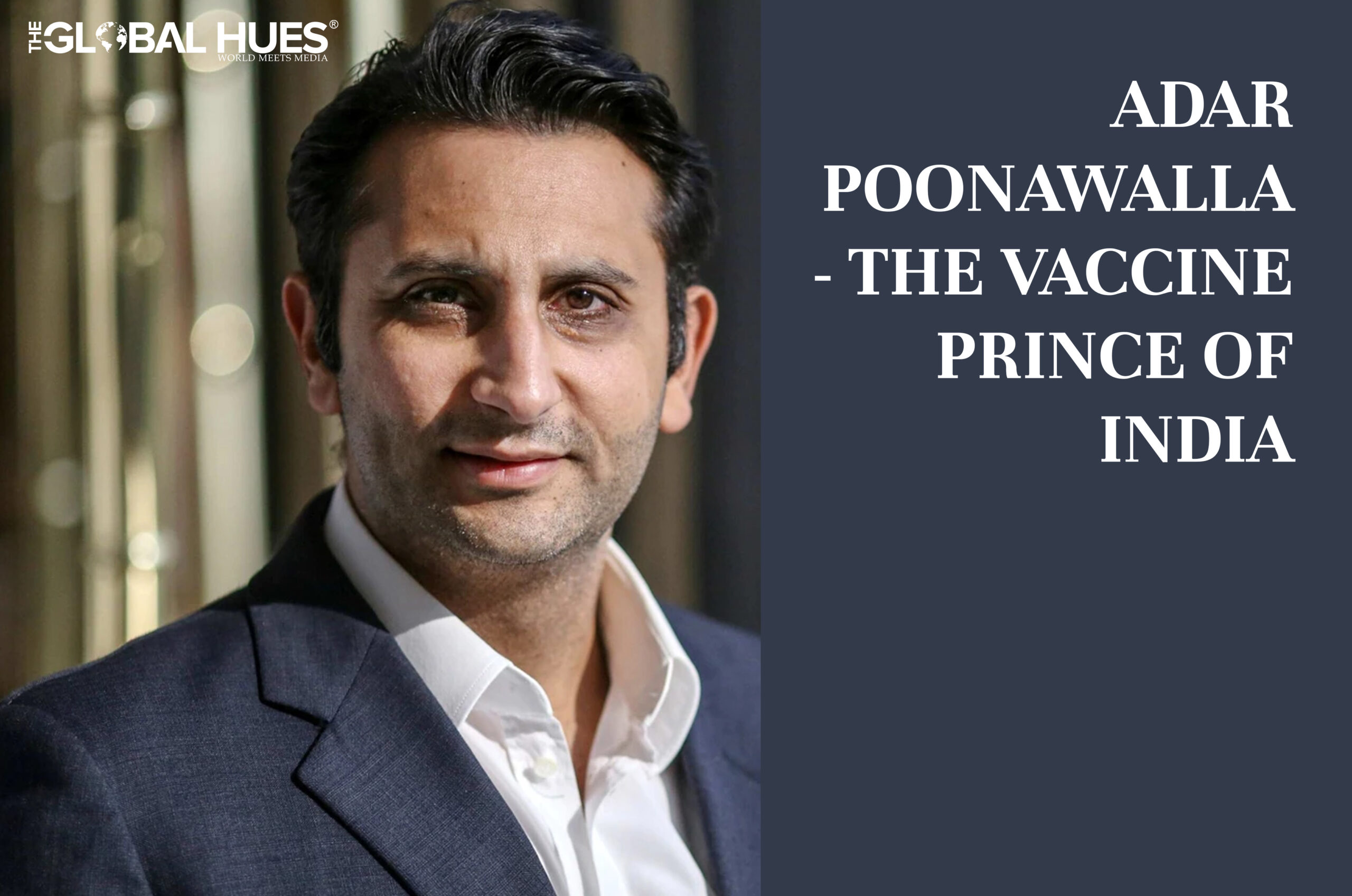Do you feel tired? Or have difficulty in breathing? Do you feel dizzy? These are side effects of vitamin deficiency. Vitamin deficiency is pretty common due to today’s lifestyle. People prefer to eat junk food and not eat fruits and vegetables. It leads to deficiencies and affects the normal functioning of the body. This article explains the top ten vitamins you should have every day to maintain good health. Below are the top ten vitamins that you should have daily:
-
Vitamin A
It is a fat-soluble vitamin that is present in many foods. This vitamin is crucial for maintaining good eyesight, good for your immune system, reproduction, growth and development. It helps your heart, liver and lungs to function properly. This vitamin is known as beta-creatine, and this vitamin is available in carrots, broccoli, squash, green leafy vegetables, cantaloupe, apricots, mangoes, dairy products and fortified cereals.
-
Vitamin B
There are eight different types of Vitamin B- B1 (thiamin), B2 (riboflavin), B3 (niacin), B5 (pantothenic acid), B6 (pyridoxine), B7 (biotin), B9 (folate) and B12(cobalamin). This vitamin helps convert carbohydrates, fats and proteins into energy. This vitamin is crucial for cell development, growth and function. It is present in meat, poultry, fish, eggs, legumes, seeds, nuts, grains, breads and pastas.
-
Vitamin B1-B5
As mentioned above, there are eight different types of Vitamin B. Below is the description of Vitamin B1-B5:
- Vitamin B1 is Thiamine and this vitamin converts carbohydrates into energy. It is essential for the proper functioning of nerve cells.
- Vitamin B2 is Riboflavin. This vitamin helps with energy production and metabolising of fats. This vitamin helps maintain healthy eyes, skin, and nerve functions.
- Vitamin B3 is Niacin, and this vitamin is vital for DNA repair. This vitamin synthesises fatty acids and cholesterol.
- Vitamin B5 is Pantothenic acid. It helps break down the carbohydrates, fats and proteins.
-
Vitamin B6
This vitamin is known as Pyridoxine. This vitamin is vital for brain development and helps keep the immune system healthy. It is present in poultry, fish, potatoes, eggs, and bananas. You can take this vitamin as a supplement in an oral capsule, tablet, or liquid.
-
Vitamin B7
This vitamin is known by the name Biotin. It is a water-soluble vitamin. This vitamin helps break down fats, carbohydrates and proteins. It helps promote healthy skin, hair and nails. This vitamin is present in eggs, nuts and dairy products and this vitamin is essential for cell growth and repair.
-
Vitamin B9 & B12
The last two vitamins B- B9 and B12, and below are the properties of these vitamins:
- B9 – This vitamin is known as Folic acid. This vitamin is crucial for proper brain function and helps with mental and emotional health. Vitamin B9, along with B6 & B12, works to control blood levels of the amino acid homocysteine. High levels of this acid can cause heart disease. This vitamin is present in dark green leafy vegetables, beans, sunflower seeds, fruits, juices, whole grains and liver.
- B12 – This vitamin is known as Cobalamin and is present naturally in animal foods. This vitamin helps create red blood cells and DNA. It helps bind the proteins in our food.
-
Vitamin C
This vitamin is known as ascorbic acid. It boosts the immune system and increases the iron absorption. The vitamin is an antioxidant and protects our cells from free radicals. It aids in wound healing and helps our body produce collagen. It is a water-soluble vitamin and reaches the body’s tissues, but it is not well stored. So, it is crucial to take daily supplements. The vitamin is present in citrus fruits, juices, kiwi fruit, red and green peppers, strawberries, cantaloupe, broccoli, brussels sprouts, tomatoes and baked potatoes.
-
Vitamin D
This vitamin helps build strong bones by helping the body absorb calcium from foods and supplements. It promotes the functioning of the immune system. This vitamin is also known as the “sunshine vitamin,” and most of the vitamin gets absorbed through the sun from our skin. It is a fat-soluble vitamin. The vitamin is present in salmon, tuna, mackerel, beef liver, egg yolks, mushrooms, nut milk and cereals.
-
Vitamin E
This vitamin helps protect our cells from free radicals, boosts our immune system, and helps prevent blood clots. It is a fat-soluble vitamin. It is present in spinach, kale, lettuce, broccoli, soybeans, blueberries, figs, meat, cheese, eggs and vegetable oils.
-
Vitamin K
It is a fat-soluble vitamin that has two forms. The first form is phylloquinone, found in green leafy vegetables like collard greens, kale and spinach. The second form is menaquinones, present in animal foods and fermented foods. This vitamin helps make proteins required for blood clotting and bone building.
SummingUp
Due to the sedentary lifestyle, the body doesn’t have the essential vitamins for proper functioning. It leads to various deficiencies, and this article guides about the necessary vitamins and which food items have that particular vitamin, which can be found in health food stores.




